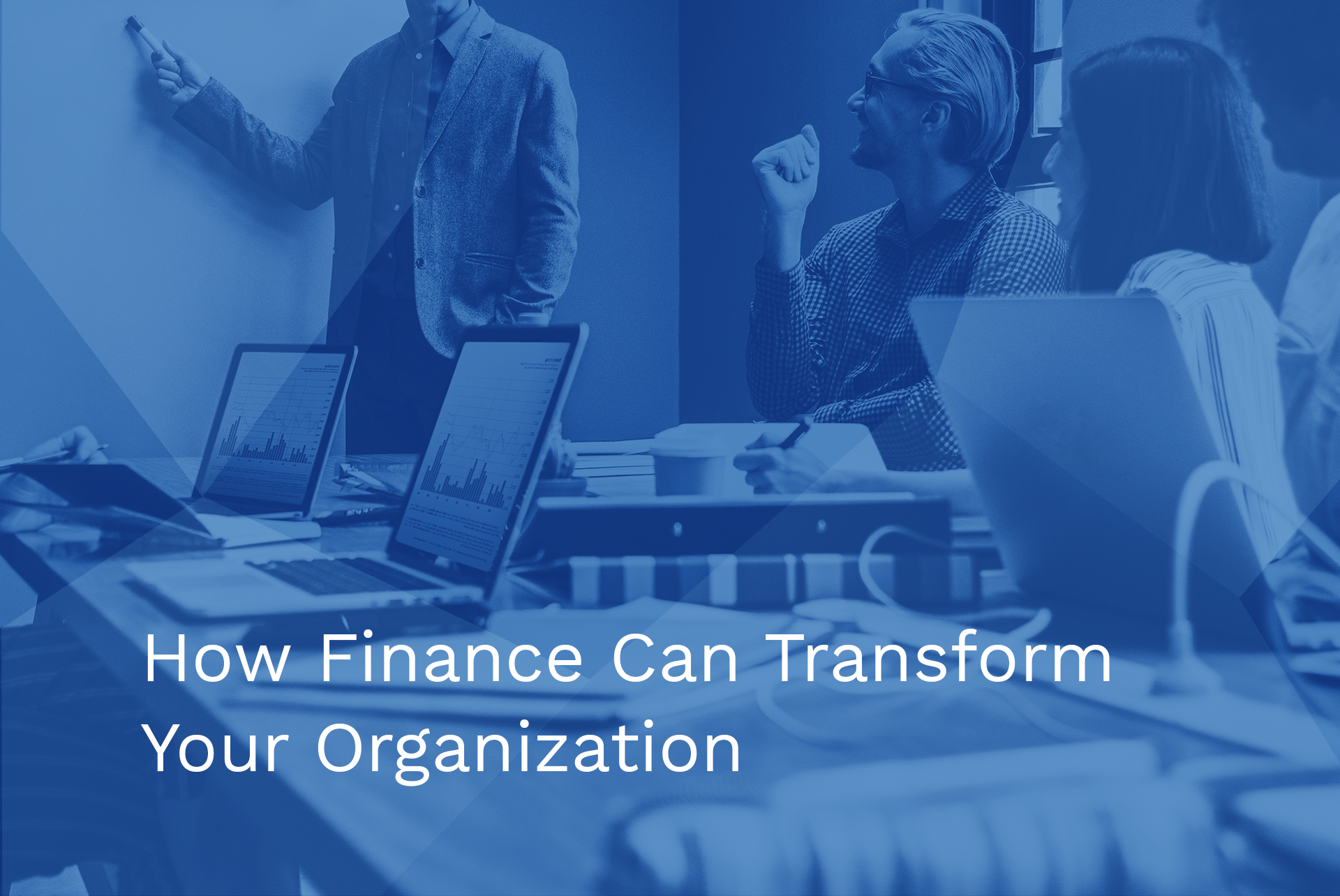
How Finance Can Transform Your Organization
CFOs are in the best position to implement game-changing technologies.
For most of corporate history, the finance department has been viewed as the division that pays the bills. While chief financial officers have long been part of the C-suite, their main duties have been to crunch numbers, ensure the business has money to carry out their CEO’s vision, pay taxes and to raise red flags if revenues or profits start dropping.
Over the last few years, though, the CFO role has started to shift. Rather than just poring over spreadsheets, they’re now engaged in high-level strategy sessions and contributing much more to the overall future of the business. In some ways, the CFO is becoming the most important person in the company. With more businesses investing in expensive digital transformations, it’s the finance team that controls the budgets and makes key decisions on what kind of game-changing technology to invest in.
According to a survey from Sage, a London-based enterprise software company, 76% of respondents, which included CFOs, said that the CFO is driving their company’s digital transformation. A 2018 McKinsey report said that “there is a clear mandate for (CFOs) to take the lead. Today’s CEOs and boards say they want CFOs and the finance function to provide real-time, data-enabled decision support. And, in (a) survey of finance executives, CFOs themselves say they want to spend more time on digital initiatives and the application of digital technologies to finance tasks.”
Driving transformation
Although CFOs may be more involved in strategy than they have been in the past, many still aren’t sure how to lead their company’s technological transformation. Here a few ways to start.
1. Talk up technology
Since CFOs control the purse strings, they should know just how much time and money a new technology can save their company. They can then share those benefits with everyone else. “The CFO becomes the evangelist helping people understand this digital economy, and then the architect for fitting the pieces together in a way where performance can be measured,” said Tanguy Catlin, a senior partner with McKinsey, in a recent podcast.
2. Make the case for the cloud
A lot of companies are now shifting from on-premises servers and software to cloud-based computing. But some businesses continue to resist, in part because they already have programs in place that they’re afraid to abandon. Yet, the cloud is typically cheaper to use and more cost-effective to maintain. According to CFO.com, “CFOs could help CIOs make a rigorous economic case for keeping or shifting computing applications... [to the cloud]. But that case should go beyond pure cost reduction. It should include the ability to provide exceptional but data-intensive customer experiences and whole digital products online.”
3. Engage finance partners
One place to start is with the finance function itself. There are many finance-related tools, such as enterprise resource planning software, that can make it much easier for CFOs to do their jobs. Manual tasks can become more automated, while typically inefficient processes – such as payroll or invoicing – can be done at faster speeds. However, implementing the right technology may require some partnerships, especially with a bank. Many banks use programs that don’t interact with their clients’ cloud-based software, which can make something like paying employees more difficult than it needs to be. Talk to your bank to see if they might be willing to work with you to find a tech-related solution that meets everyone’s needs.
Technology is only going to become more important – to business growth, to boosting productivity – and it’s up to the CFO, who has insight into every line of business, to lead that transformation. If you'd like to learn more about how you can bring transformational change to your organization, learn more here.

